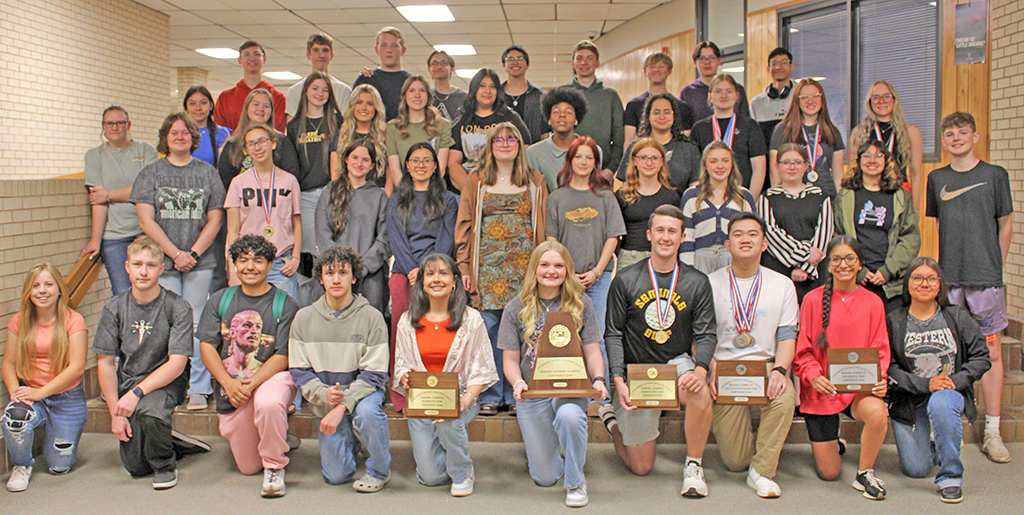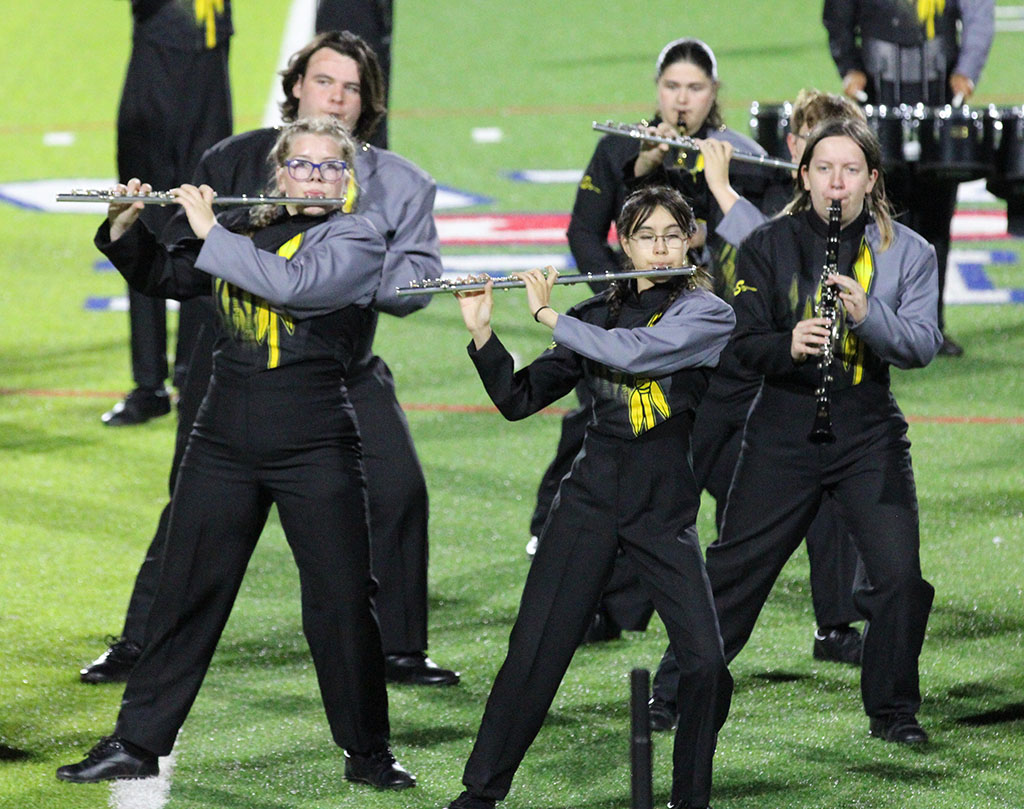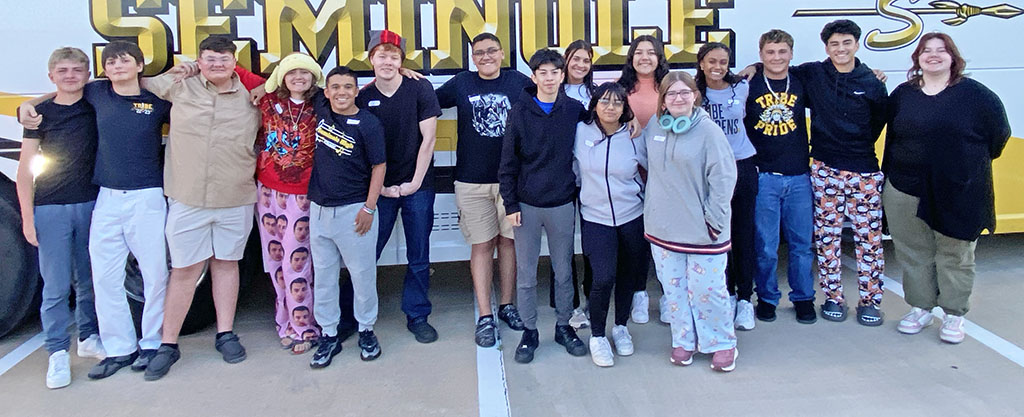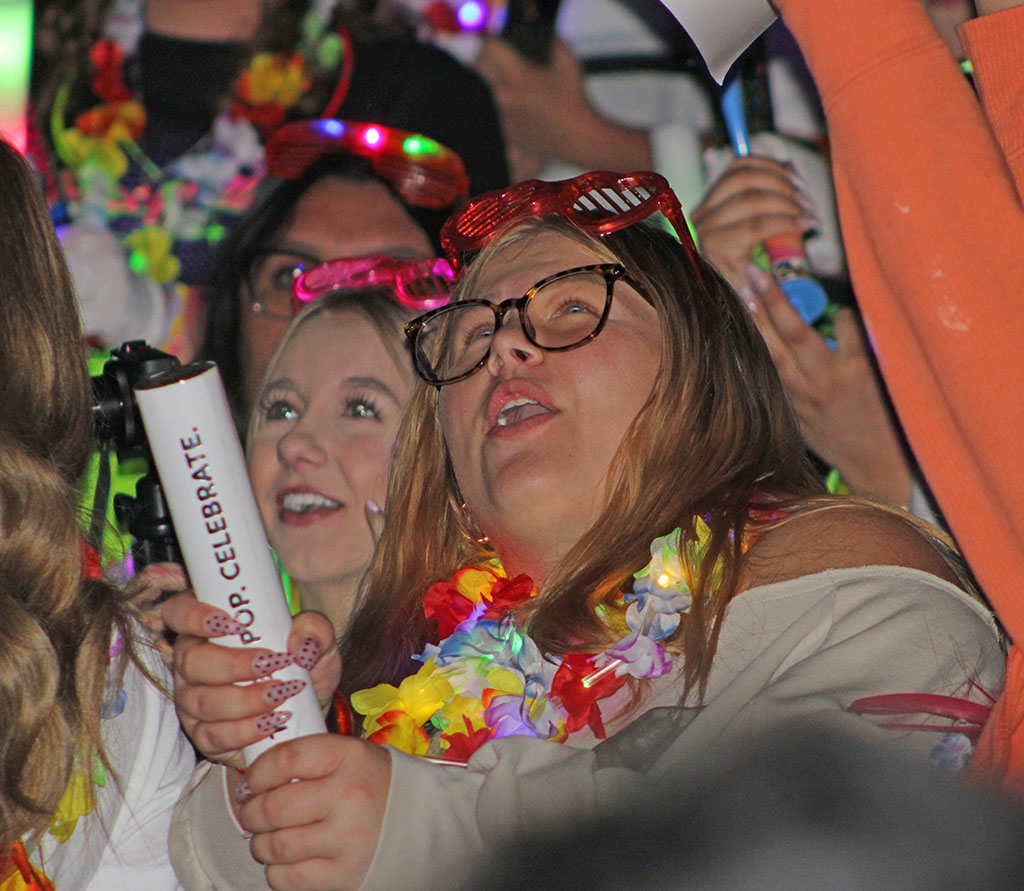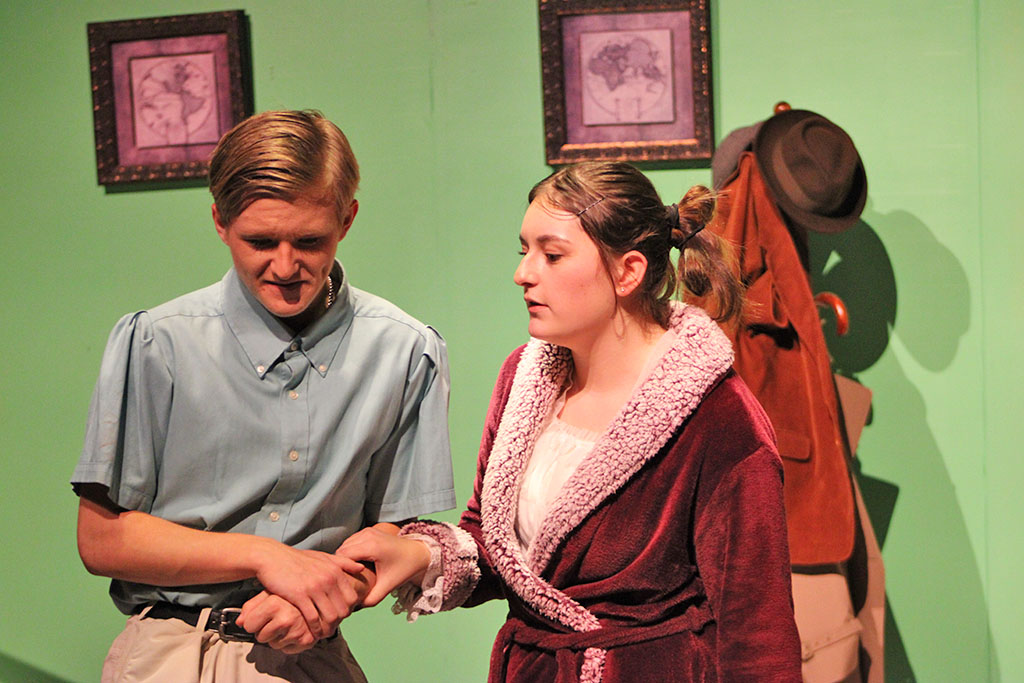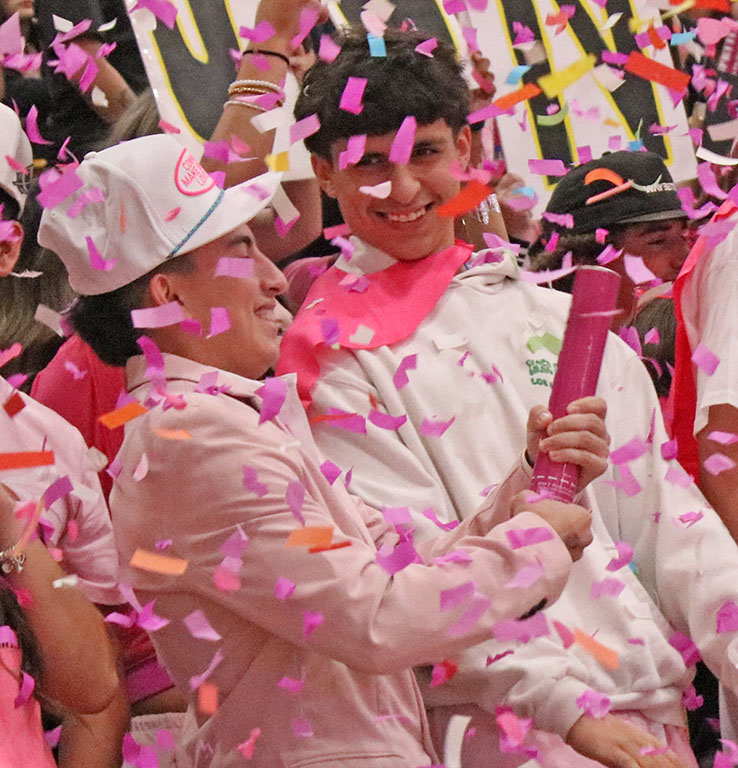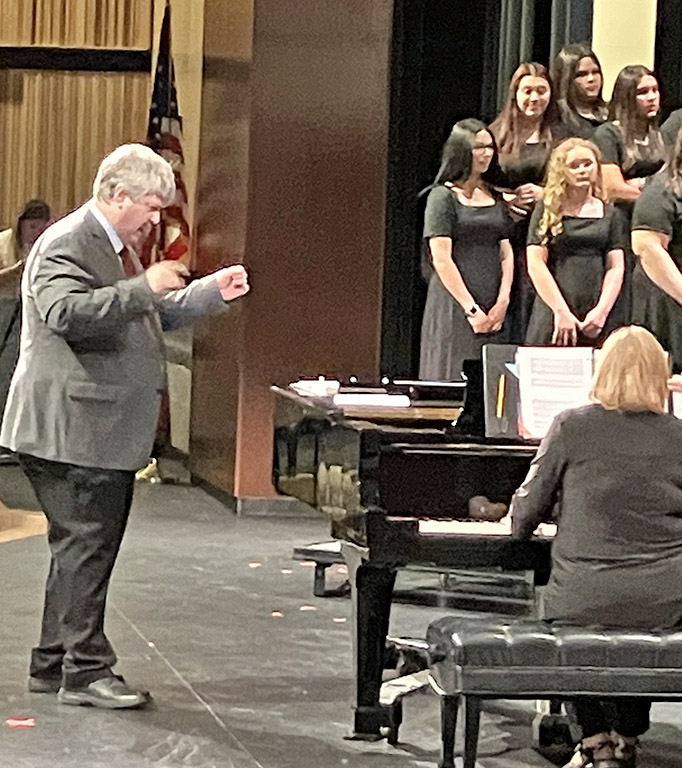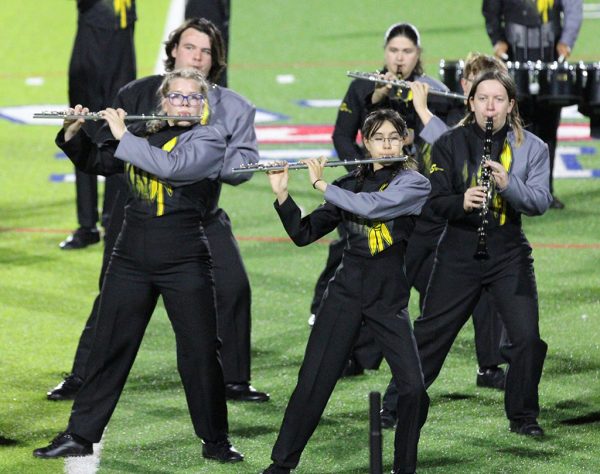PAGE TURNER: Book embraces ‘regular guy’

Columnist Cassandra Schultz
As a Patrick Ness fan, I had extremely high expectations for The Rest of Us Just Live Here, especially when I heard the premise of the book. I’m a huge critic (and fan) of the the chosen one trope that’s basically the default for every science fiction and young adult book out there, and The Rest of Us Just Live Here pokes fun at that trope in frankly hilarious ways. That being said, I do have some criticisms of the book, in part because my expectations may have been slightly unreasonable.
This book is about the people on the outskirts of every fantasy novel: AKA the normals, the regular kids, and the clueless extras who simply fill the classes of the chosen one. It centers around a group of friends in their senior year living their own relatively mundane lives in the background of an epic YA fantasy novels starring the “indie kids”. Ness manages to subvert the idea of “The Chosen One” as the worldwide VIP and make the relatable struggles of the normal guys the most vital and interesting part of the story. The message? There is no such thing as the main character, and the everyday struggles of real life, three-dimensional human beings are just as pressing as any apocalyptic scenario. Whether it’s mental illness, absent or distant parents, or a crippling fear of the future, the experiences of the every man (or woman) matters.
Because the premise is supposed to be “ordinary”, this novel could have been a huge flop without Ness’s masterful character building. Mikey, Mel, and Jared are exceptionally well-rounded, with complicated back stories and flaws that stem from believable issues. Brother and sister team Mikey and Mel, who have bowed under the pressure of a broken home, are especially compelling. The only main character who fell a tiny bit flat was Henna, who is lovable, but whose struggles and flaws aren’t as evident. I also really enjoyed the diversity of the characters and the fact that Ness obviously tried to reflect the struggles of different demographics and ideologies in the book.
The only real criticism I have is that the book is a little slow at times. I understand that it doesn’t stick to a stringent plot to reflect the messiness and unexpectedness of real life, but that doesn’t necessarily make it easier to read. Although there is a fair amount of action (how could there not be in a world crawling with the supernatural?), sometimes it feels as though the reader is just rambling through a character’s day to day business, and I often found myself impatient for the next important plot point. Although it isn’t necessarily Patrick Ness’s best work, The Rest of Us Just Live Here is beautifully and hilariously written with well-rounded characters and a gorgeous message. I’d definitely recommend it to anyone asking what to read next; however, if you’re looking to get your adrenaline pumping with an epic fantasy, this may not be the book for you.


